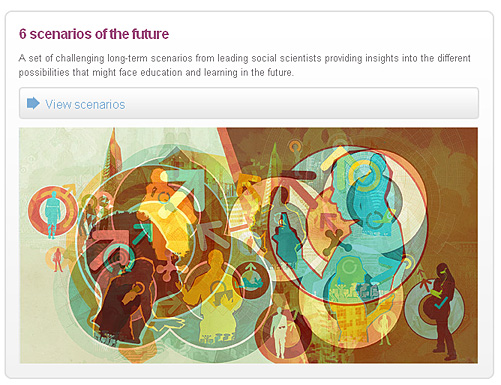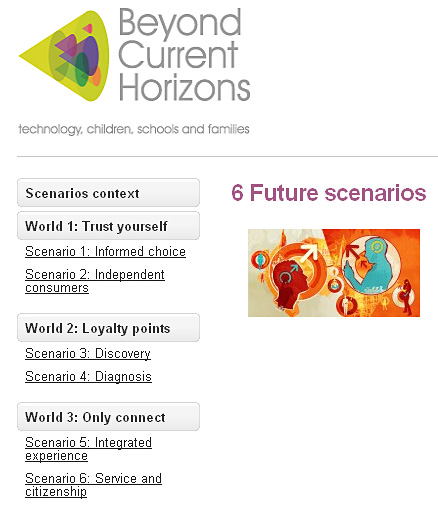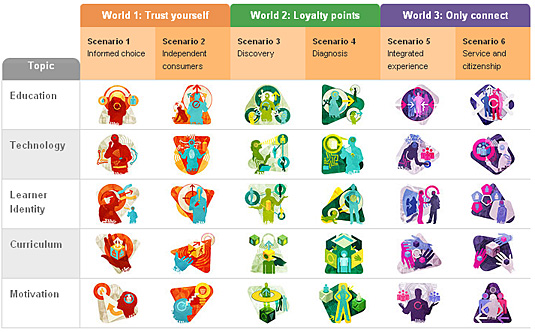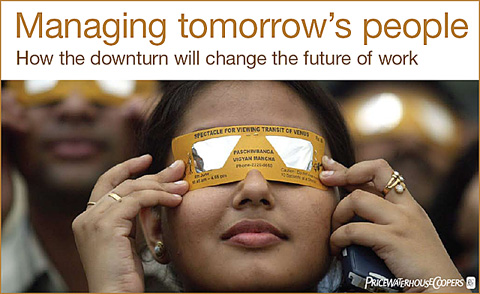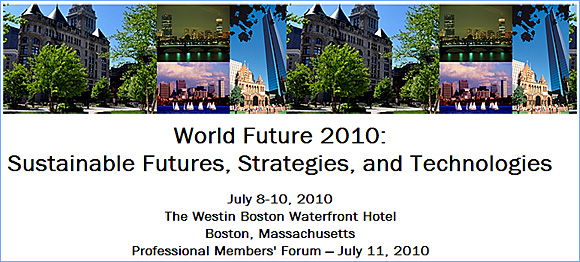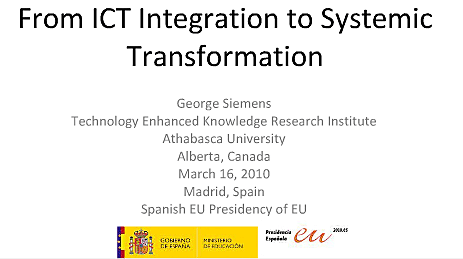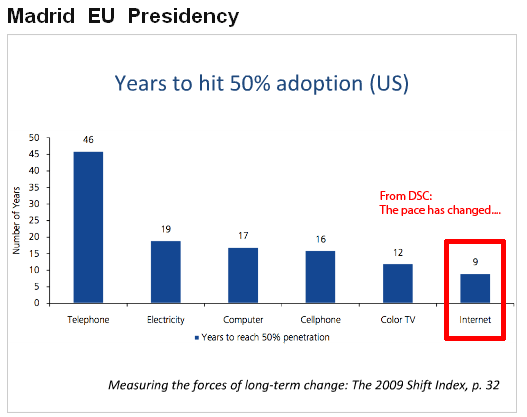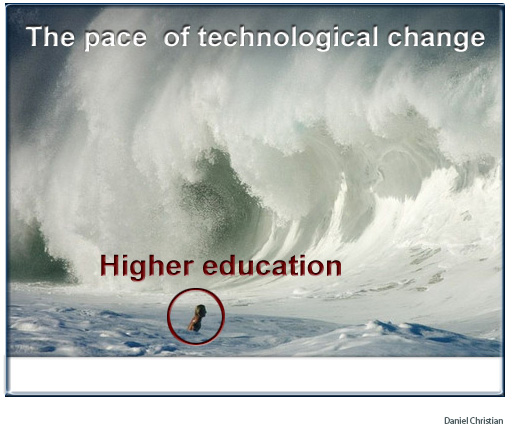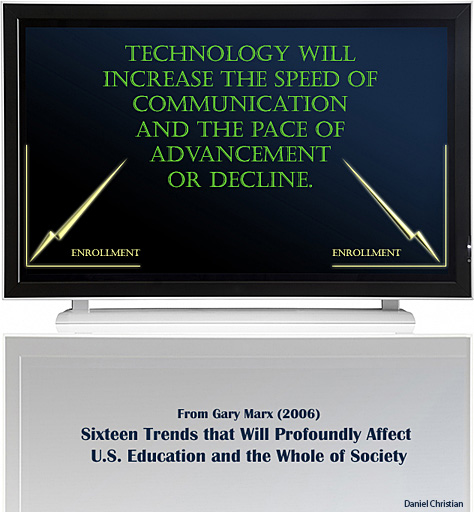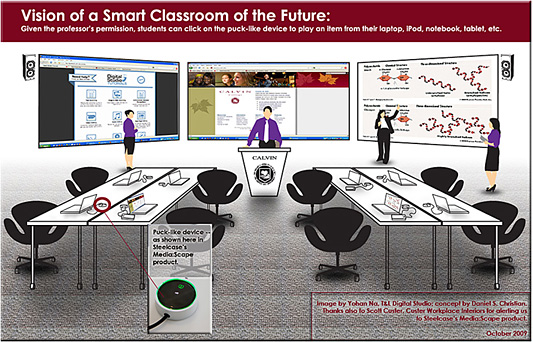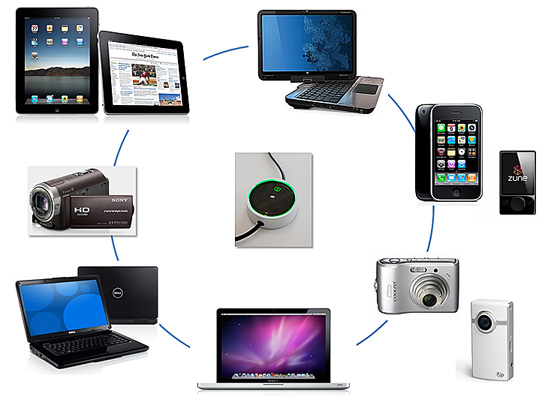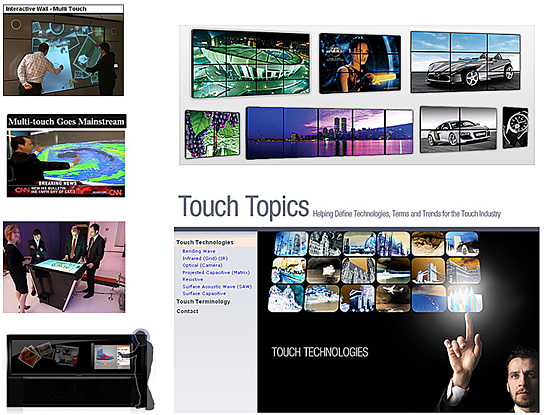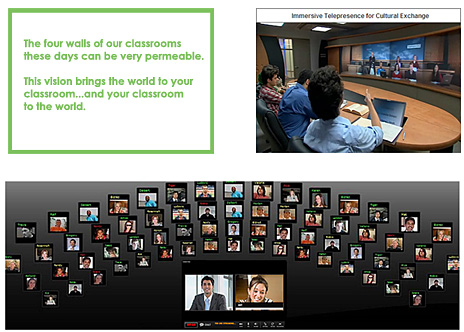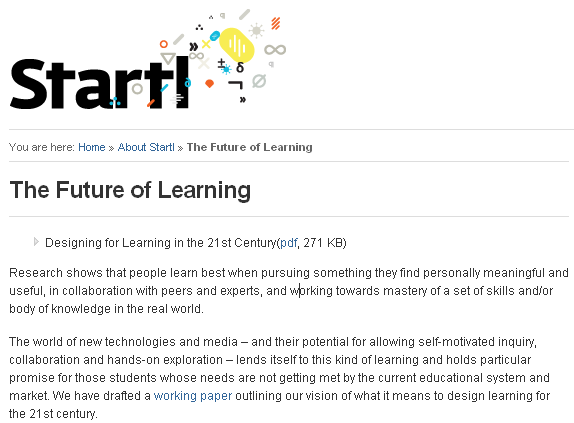Moving college into the 21st century — politico.com (see quotes below)
Today, we’ve reached another turning point. The global economy is changing, and the United States needs to educate its way to a better economy for the 21st century. President Barack Obama has set a goal that by 2020, America will once again have the highest proportion of college graduates in the world. To reach that goal, we need to bring 5 million more Americans into higher education and ensure that future generations will have the same opportunity for a college education and success in the work force.
The president has proposed a comprehensive agenda to keep a college education within reach, especially for America’s poorest families, and to dramatically increase college graduation rates in the next decade. President Obama’s agenda includes the largest increase in federal financial aid since the GI Bill — a 30 percent increase in fiscal 2010 alone. In addition, the president’s American Graduation Initiative would provide $12 billion more during the next 10 years to improve community colleges and help students gain access to higher education and ensure that they earn their degrees.
Beyond these investments in our future, one part of the AGI has the potential to have a lasting impact on the future of higher education: The president is proposing to invest $500 million over the next 10 years to create world-class online college and high school courses that will be available to all 24/7/365. Colleges, universities, publishers, other institutions and related consortia will be invited to compete to create state-of-the-art online courses that combine high-quality subject matter expertise with the latest advances in cognitive and computer sciences. Such courses will enable students to move through the material at their own pace. When students do not understand a particular lesson or concept, carefully designed assessments will identify the gap in their learning. They’ll relearn the material and have another chance to demonstrate mastery (emphasis DSC).
From DSC:
- Along these same lines, see: The Forthcoming Walmart of Education.
- If done well, these courses are going to be highly-engaging, while using state-of-the-art technologies and instructional methods. Can one faculty member compete with this team-based approach? No way! (And I mean no disrespect at all here — it’s just too much for one person to keep up with, be interested in, and have the time and resources to do all of this.)









